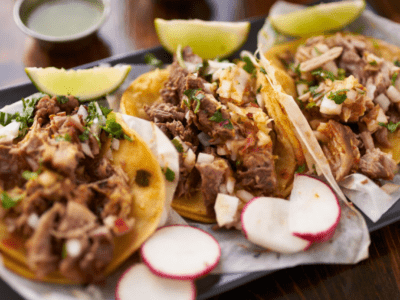EIB Backs Lantmännen’s Pea Protein Facility in Sweden as Part of EU’s Sustainable Protein Strategy
The European Investment Bank (EIB) has committed a loan of EUR 50 million to Lantmännen, a leading Swedish agricultural cooperative, to support the construction of a pea protein processing plant in Lidköping, Sweden. This investment is designed to bolster food security and reduce the European Union’s reliance on imported proteins, aligning with the EU’s broader goals of enhancing self-sufficiency in plant-based protein production and promoting sustainable agricultural practices. The new facility, expected to be completed by mid-2027, will have an annual processing capacity of more than 40,000 tons of peas, primarily sourced from Lantmännen’s farmer members. The plant will produce pea protein isolate, a key ingredient for plant-based foods such as protein bars, drinks, dairy alternatives, and meat substitutes. The investment is also anticipated to …


















